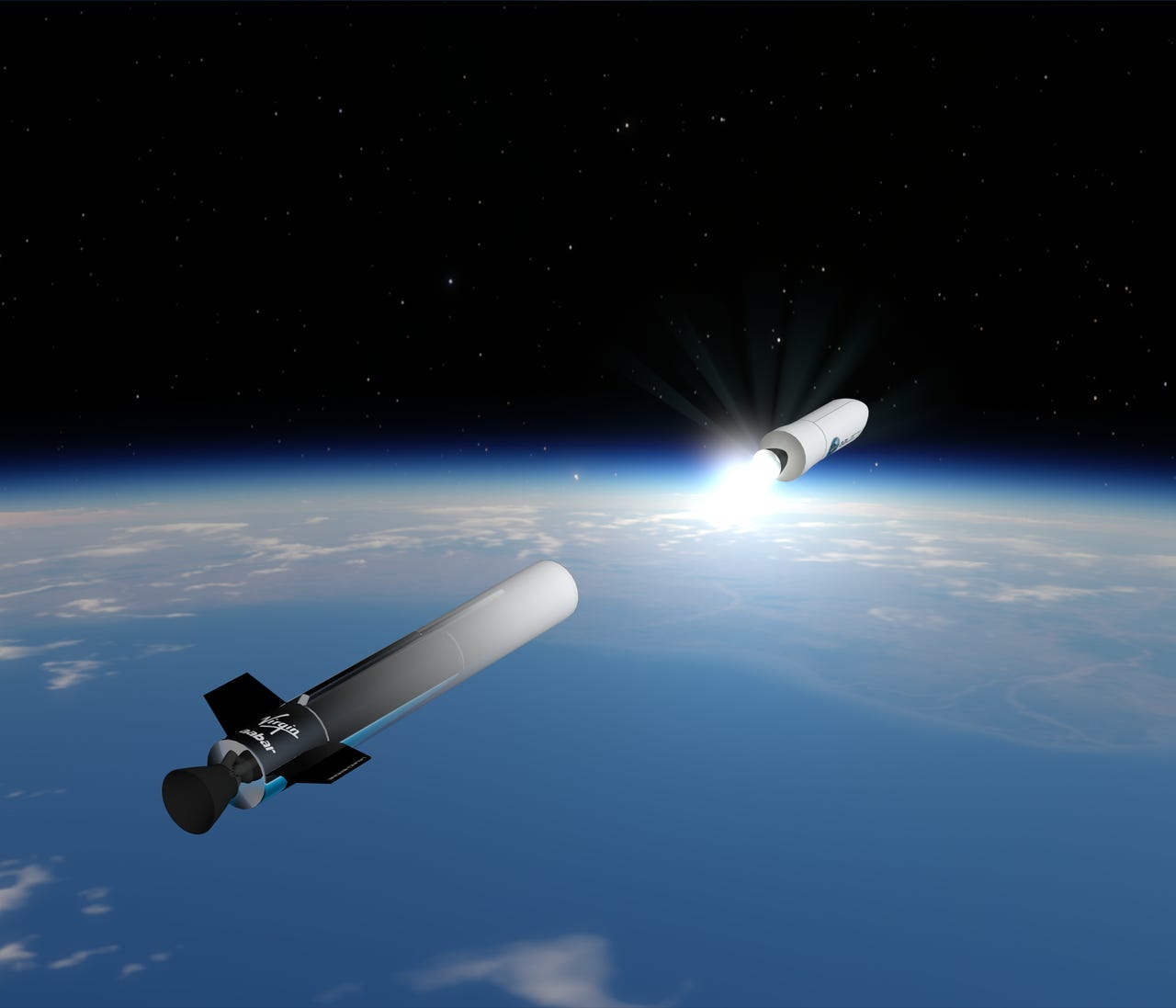Internet-from-orbit company raises $500m, aims to bridge the world's broadband divide


OneWeb said it has raised funds from companies including Airbus Group, Bharti Enterprises, Hughes Network Systems, Intelsat, Qualcomm, Coca-Cola, the Virgin Group, and Totalplay.
It said the money will allow it to develop technologies to offer affordable broadband for rural and poorly served locations. The company said the network, delivered from 648 orbiting micro-satellites, will also provide high speed, low latency access to ships, planes, trains, and oil platforms.
"The dream of fully bridging the digital divide is on track to be a reality in 2019," said Greg Wyler, founder of OneWeb. "We are committed to solving one of the world's biggest problems - enabling affordable broadband internet access for everyone."
Currently two-thirds of the world's population does not have internet access.
Earlier this month, OneWeb revealed a deal with Airbus to design and manufacture 900 microsatellites, and has now confirmed it has 65 rocket launches planned, including 21 Soyuz launches from Arianespace and 39 launches from Virgin Galactic's LauncherOne.
"Our vision is to make the internet affordable for everyone, connecting remote areas to rest of the world, and helping to raise living standards and prosperity in some of the poorest regions today," said Richard Branson, founder of the Virgin Group.
While cost and latency has been an issue with satellite broadband in the past, OneWeb said its terminals will offer "excellent voice quality, gaming, and web experience".
It's an ambitious project: the BBC notes the OneWeb satellite constellation would be 10 times the size of the largest commercial network currently in orbit. The low Earth orbit network is planned to have a capacity of 10 terabits per second.
"We would like nothing better than to bring true affordable broadband coverage to 100 percent of Mexico, but running cables and placing towers for that level of coverage has just not been possible. We are backing OneWeb, as we believe it has all the pieces in place to create that service in the future," said Ricardo Salinas, chairman of Totalplay.
It's not the only project aiming to bring the internet to under-served areas. For example, Project Loon is Google's plan to build a network of balloons travelling on the edge of space to help fill coverage gaps. Facebook's internet.org is another take on the same problem, which aims to deliver a subset of the web for free in developing countries.
Read more